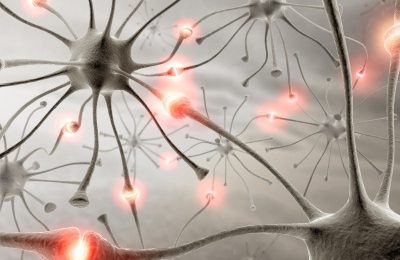As per the data, on an average, most middle-aged men experience numerous symptoms before actually having a cardiac arrest.
Symptoms experienced includes, chest pain, dizziness, irregular heart palpitation and breathing problems. These indicators usually triggers within a short span of time, ranging from a weak to an hour, before the heart actually stops functioning. These research papers were presented in a seminar on Thursday at the American Heart Association’s Scientific Sessions in Dallas.
The arrest takes place once the electrical system or the cardiac conduction system comes to a rest or when the heart stops to pump blood, as put up by the heart association. Immediate remedy to these symptoms can be arrested with the immediate employment of CRP along with a defibrillator, which helps in bringing back the normal rhythm in the heart.
As per the medical literature, heart attack is not the typical cardiac arrest that is counted in among the critical stages. As per the narrations of the heart association, cardiac arrest and heart attack are two different aspects. Heart attack may lead to cardiac arrest or sudden death due to uneven or blocked access of flow of blood into the heart.
As per statistical evidence put up by the heart group every year a record number of 360,000 out-of-hospitals cardiac arrest takes place in USA
In one of the statements Sumeet Chugh, the associate director and a cardiologist for genomic cardiology at the Cedars-Sinai Heart Institute in Los Angeles asserted over the eccentric occurrence of cardiac diseases and mentioned cardiac arrest “is the ultimate heart problem,”. He also detailed “its electrical chaos. You’ll die within 10 minutes of a cardiac arrest unless you are lucky enough to get emergency assistance quickly.”
Mentioning the alarming raise in cardiac related diseases he also said “The national average is that 90% of people who have sudden cardiac arrest are going to die,”
Research specialist Chugh and other specialist were responsible for studying the health history and probable symptoms of about 567 men within the age of 35 to 65 from Portland, Ore. These data were collected and based on the facts and figures of out-of-hospital cardiac arrest emergency medical histories and health care records between 20002 and 2012.
Statistics revealed certain crucial and disquieting details:
• More than half the percentage of men, displayed pre-cardiac arrest symptoms
• 56% exhibited chronic chest pain, 13% underwent short breath, and 4% felt dizziness, uneven heart palpitation and weakness
• The time period of the first attack, would take place between a span of 4 hours to 4 weeks. Unexpectedly, 80% of men, showed such symptoms
Numerous other specialists also agree over the detailed study and readings, over the growing concern of cardiac arrest in men. Gina Lundberg an expert in Cardiology and assistant professor of medicine at Emory University School of Medicine in Atlanta, also commented saying; “People need to pay attention to symptoms that are new or unusual for them. Most people dismiss more subtle symptoms such as light headedness, dizziness, palpitations or mild chest discomfort as not being serious. Paying attention to these mild symptoms could save more lives.”



